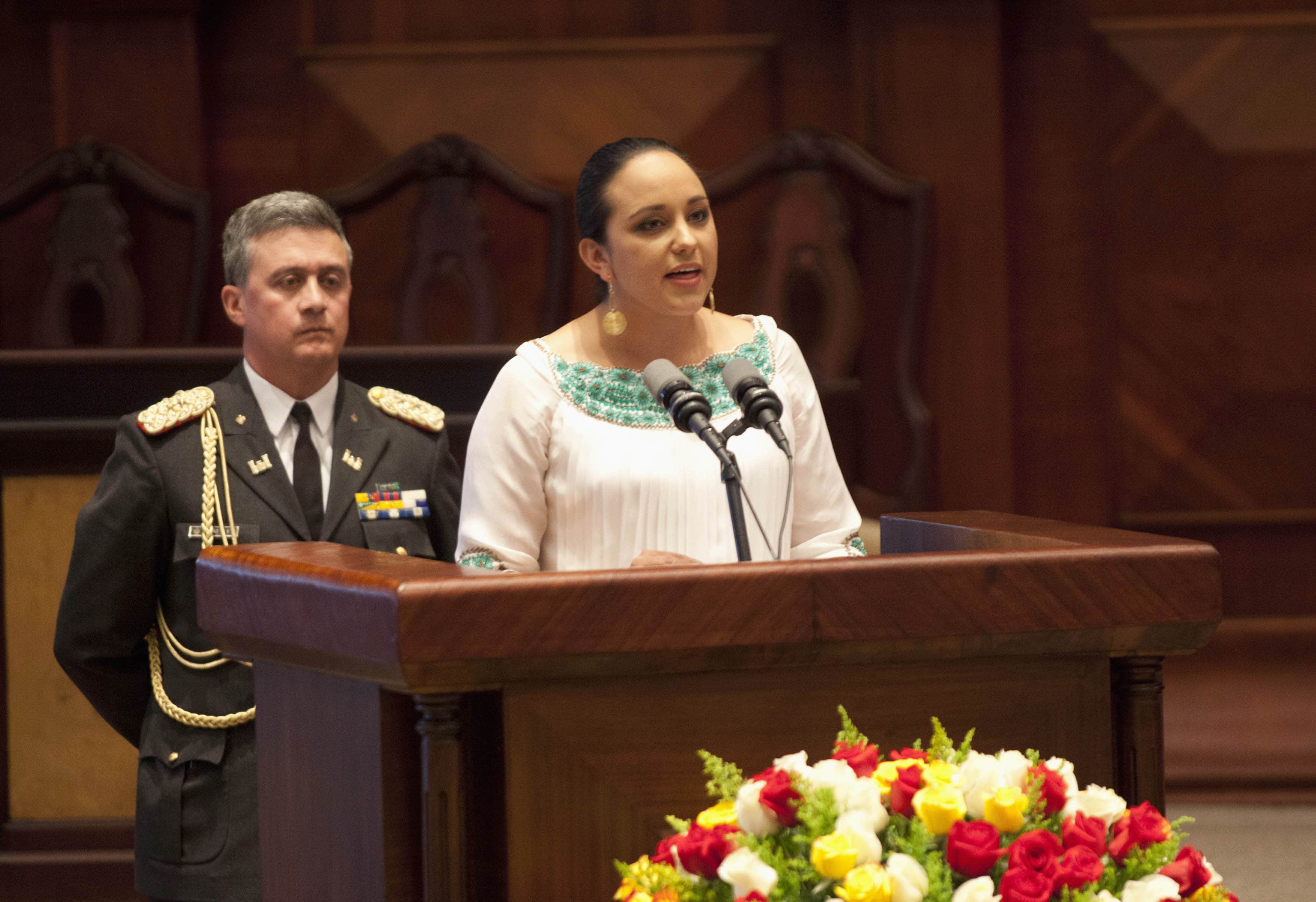"The proposed reforms would make it easier for the government to impose arbitrary restrictions on the media and routinely use the military in public security operations," said José Miguel Vivanco, Americas director at Human Rights Watch
The National Assembly should modify provisions in its constitutional reform proposal to ensure that it respects Ecuador’s international human rights obligations, Human Rights Watch said today [14 July 2014].
On June 26, 2014, the president of the National Assembly, a member of the government official party, submitted a proposal to the Constitutional Court that would revise 17 articles of the Ecuadorian Constitution. Among other concerns, the changes could limit citizens’ ability to challenge abusive state action. The proposal would grant the Armed Forces powers to participate in public security operations, would categorize “communications” as a “public service,” and would allow for reelection of a president for an unlimited number of terms.
“The proposed reforms would make it easier for the government to impose arbitrary restrictions on the media and routinely use the military in public security operations, at the same time making it harder for citizens to file complaints about abuses,” said José Miguel Vivanco, Americas director at Human Rights Watch. “This troubling combination could leave victims of government abuses without access to an effective remedy.”
The Constitutional Court should rule in the coming weeks on whether the process to reform the constitution can move forward. If the court considers the reforms are “modifications” (enmiendas) of a handful of articles that do not restrict basic rights, the proposed changes would then be presented for National Assembly consideration, and should be approved by a two-thirds majority vote. If the court decides these reforms constitute a “partial reform” of the Constitution that does not restrict basic rights, they should be approved by the National Assembly and subsequently subjected to a national referendum.
The Ecuadorian constitution provides that “no legal norm may restrict the content of constitutional rights or guarantees” and that “any regressive action or omission that limits, undermines, or annuls without justification the exercise of rights will be unconstitutional.” Modifying these terms would require convening a Constitutional Assembly.
The proposal provides that article 88 of the Constitution, which regulates the right of individuals to file judicial complaints against arbitrary state acts, would include a final sentence stating that, “The law will regulate cases in which this recourse [to courts] is abused and could therefore be rejected.”
Such vague language in the Constitution would authorize the National Assembly to regulate use of judicial complaints as they see fit, effectively opening the door for a majority in the National Assembly to establish arbitrary limits on the right to challenge abusive state action before the courts. Under international law, governments have an obligation to provide victims with an effective remedy if their rights are violated.
Article 158 would include new language granting the Armed Forces powers to “provide support in the integral security strategy of the State, in accordance with the law” but without further conditions, such as that the involvement should be limited to exceptional circumstances.
If police forces are unable to contain crime, a country may resort to military participation in public security operations. However, armed forces are not typically explicitly trained to conduct policing operations or in the requirements imposed by international human rights law for such operations. For this reason, military engagement in law enforcement should be an exceptional measure limited to very specific circumstances, Human Rights Watch said.
The proposal also would add new language to article 384, stating that “Communications as a public service will be provided by public, private, and community media outlets.” The categorization of “communications as a public service,” language also used in the country’s Organic Law on Telecommunications, means that the government would be able to exercise broad regulatory powers over all media outlets, arguing that they are providing a public service.
Finally, articles 114 and 144 remove the limit of two consecutive terms for a president, allowing for indefinite reelection.
The government has in the past limited public access to information during electoral campaigns by abusing its powers to require stations to cover presidential broadcasts and by otherwise using public media outlets to give the governing party campaign advantages.
In January 2012, President Rafael Correa introduced changes to electoral laws prohibiting the media from disseminating “messages” or “reporting” that could favor or detract from a “political thesis” or candidate or electoral preference. The law grants the National Electoral Council sweeping powers to censor media deemed to violate the prohibition.
“Human Rights Watch doesn’t take a position regarding how many presidential electoral terms are appropriate,” Vivanco said. “But Ecuador needs to ensure that an incumbent president does not benefit unfairly from existing rules, and that Ecuadorians can get adequate information about all candidates prior to the elections.”



